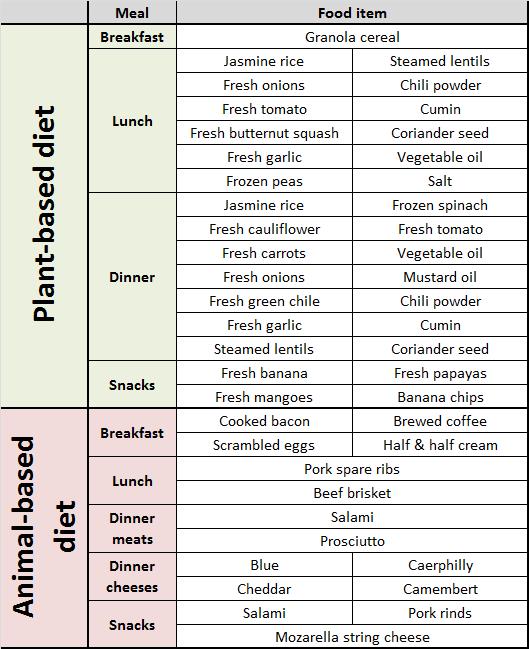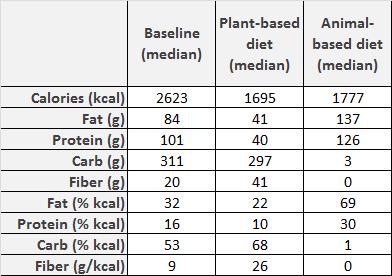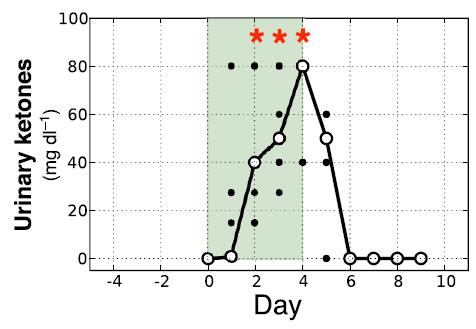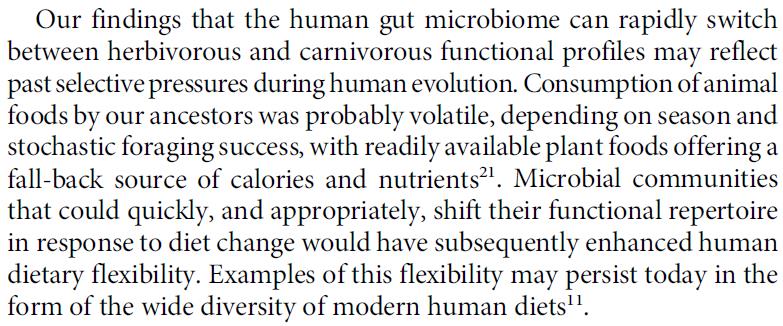NPR recently reported on a study where the participants ate either a meat-based, fiber-free ketogenic diet
Obesity alters gut microbial ecology (Ley et al., 2005)
This study shows increased Firmicutes & decreased Bacteriodetes in genetically obese mice but not their lean siblings. This is important because microbes are usually inherited from Mom and are common among littermates. Apparently, genetic obesity overrides both.
An obesity-associated gut microbiome with increased capacity for energy harvest (Turnbaugh et al., 2006)
This one shows decreased Bacteriodetes & increased Firmicutes in obesity. This is also the study that shows microbial transplantation from obese to lean mice causes weight gain (with no change in food intake). Oh yeah, and by “microbial transplantation,” they mean wiping the poop of a fat mouse all over a skinny one. Yes, that’s how they do it.
Human intestinal microbiota composition is associated with local and systemic inflammation in obesity (Verdam et al., 2013)
This study shows decreased Bacteriodetes & increased Firmicutes is associated with obesity and inflammation in humans.
Firmicutes associated with human obesity here, too. Sorry, everyone’s favorite Lactobacillus acidophilus is a Firmicute. Bifidobacteria, on the other hand, is not. #Bifidobacteria.
Diet rapidly and reproducibly alters the human gut microbiome (David et al., 2013)
The current study. The animal-based, high fat, very low carb, fiber-free ketogenic diet induced a microbial shift that correlates with leanness in humans, and causes leanness in mice. This is what should’ve made headlines, not Bilophilia.
Dietary information was buried in the supplemental files, but great data presentation:

Calories and macro’s show that the animal-based diet was indeed, ketogenic:

And if you still think 126 grams of protein

The diet only lasted 4 days; that’s not a disadvantage because diet-induced microbial changes occur within 1-2 days and remain stable.

This study is interesting because it tested two widely differing diets. Critics will say we can’t know what caused the changes because there were too many variables. To them, I say this: those studies will come; that doesn’t make this one useless or uninteresting.
Also, I don’t care much for Firmicutes or Bacteriodetes; they’re obviously not the answer to obesity… the tone of the news reports and article itself just didn’t sit well with me.